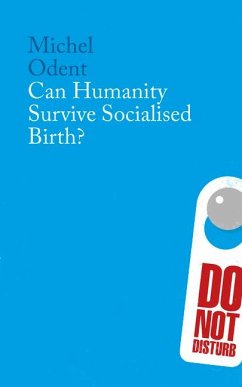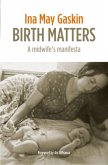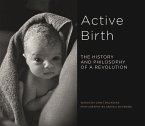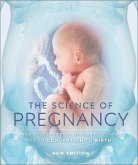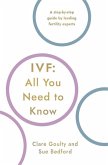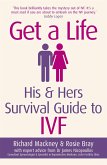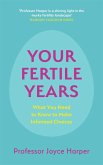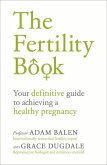Since the advent of agriculture and animal husbandry, the human population has multiplied by about one thousand in a 'demographic explosion'. However, in recent years, global fertility rates have begun to decrease significantly, and this is one reason to make a case for humans being becoming an endangered species. Many of the possible interpretations of this dramatic U-turn in the history of mankind may be found in modern ways of being born. For example, where caesarean rates are high, the average number of babies born per woman is very low. During the ultimate phase of the history of socialised birth, the hormonal dance that was previously essential is altered or eliminated. Today childbirth needs to be highly medicalised, after thousands of years of misunderstanding of the physiological processes involved. In a renewed scientific context, it may still be possible to rediscover the basic needs of labouring women and to try to ensure the future of our species. Is it too late to reach such a utopia?Michel Odent re-evaluates the comparative importance of recently acquired insights, to suggest links between data and ways of thinking from a great diversity of highly specialised disciplines.

